
The US Department of Energy (DOE) Building Technologies Office (BTO) has selected the 2023 cohort of Innovation in Buildings (IBUILD) Graduate Research Fellows.
The goal of the IBUILD Fellowship Program is to strengthen the pool of well-trained PhD scholars with multidisciplinary scientific backgrounds who are equipped for research-intensive building technologies careers in academia, industry, and the national labs. IBUILD Fellows will receive research and educational support to conduct innovative research at their home institution in an area with demonstrated relevance to building energy efficiency. In addition to funding high quality research, the fellowship will provide professional development, mentoring, and networking opportunities.
Meet the 2023 Cohort
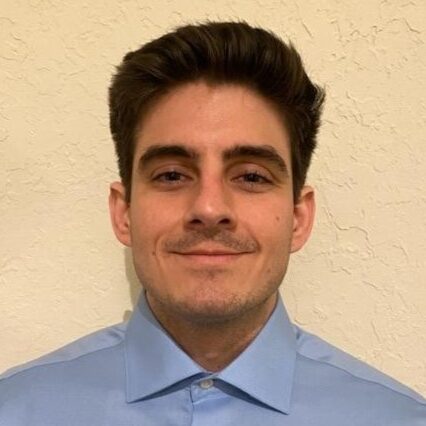
Dylan Boylan
Dylan Boylan is a third-year PhD candidate in mechanical engineering and a recipient of the Excellence in Education Fellowship at the University of Texas at Dallas. His research project aims to improve the efficiency of dehumidification by using scalable and durable slippery coatings. This aim will be achieved through maintaining ultralow adhesion for the effective removal of condensate. Dylan is focused on applying a quasi-liquid coating to overcome the durability challenges of state-of-the-art coatings. He is particularly interested in reducing the cost of this innovative technology and leveraging its potential to benefit low-income families.
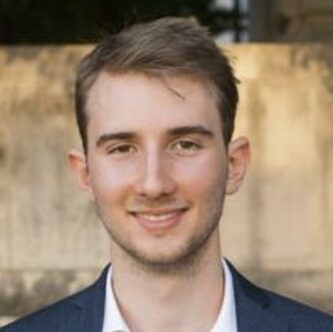
Lorenzo Castelli
Lorenzo Castelli is a third-year PhD student at Rice University majoring in mechanical engineering. Lorenzo’s research will focus on using passive thermal devices such as thermal switches, transistors, and diodes to regulate the temperature of buildings more efficiently. By incorporating switchable and/or passive so-called smart thermal elements into the building, engineers will be able to reduce building energy consumption by controlling the heat transfer in response to diurnal and season temperature changes.
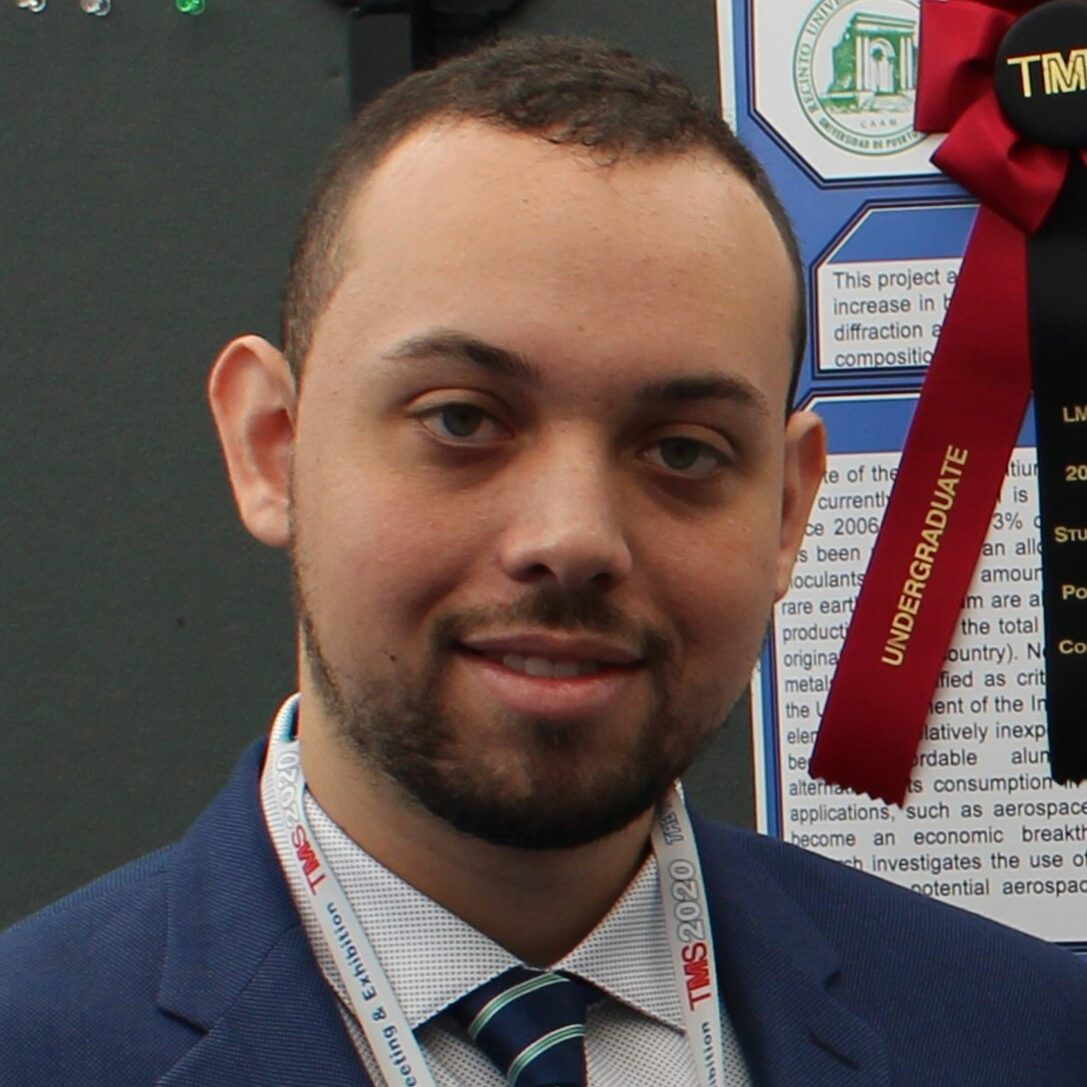
Ramon Padin Monroig
Ramon Padin Monroig is a fourth-year PhD student at the University of Florida studying materials science and engineering in the field of metallurgy. He was born and raised in Puerto Rico, where he completed his bachelor’s degree in mechanical engineering at the University of Puerto Rico at Mayaguez.
Ramon’s research aims to establish a thermodynamic database for steel alloys processed using thermomagnetic treatments using highly efficient superconducting magnets. Ramon will use in-field diffusion couples and differential thermal analysis to establish the kinetic and thermal properties of steel alloys with the goal to establish more-efficient furnaces that can reduce energy consumption and produce steel alloys with mechanical properties not achievable via traditional methods.
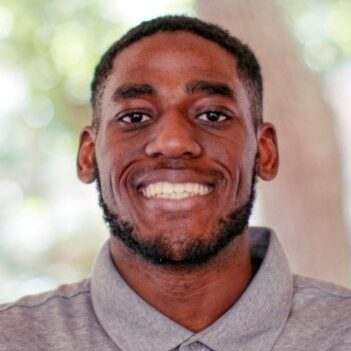
Obi Nnorom, Jr.
Obi Nomrom is a second-year electrical engineering PhD student at Stanford University. His research interests lie in the intersection between computing systems and energy systems. Obi is extremely passionate about making the field of energy systems more accessible to minority students.
Obi’s research is focused on applying virtualization to distributed energy resources. Virtualizing batteries allows them to be both partitioned and aggregated. Battery partitioning allows for sharing amongst users, and aggregation allows for participation in programs such as Federal Energy Regulatory Commission Order 2222. Obi is exploring how the virtualization of distributed energy resources can provide solutions to a variety of unsolved problems in modern energy systems.
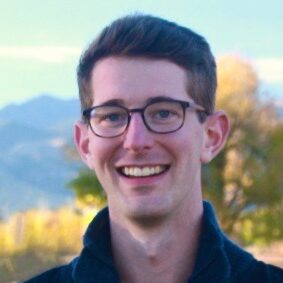
Jeremy Spitzenberger
Jeremy Spitzenberger is a third-year PhD student in the Department of Mechanical and Aerospace Engineering at the University of Missouri-Columbia. He also attended Rollins College, where he attained a bachelor of arts in physics and a minor in economics.
Jeremy’s project will integrate an ejector into the vapor compression heat pump cycle for domestic hot water production using low–global warming potential refrigerants. Ejectors will increase the efficiency and decrease overall emissions by recycling thermal energy back into the system, which would otherwise have been emitted into the atmosphere. His project will help to better understand the underlying mechanics within the ejector, including the vapor-compression-ejector thermodynamic cycle and flow characteristics at supersonic speeds with low–global warming potential refrigerants.
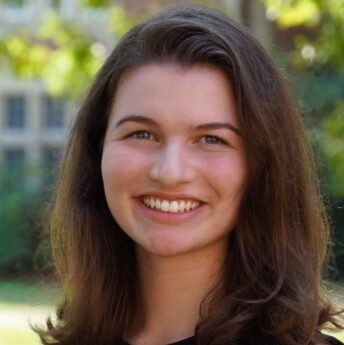
Linda Waters
Linda Waters is a fourth-year PhD candidate in the Department of Civil and Environmental Engineering and the Center for Disaster Resilience at the University of Maryland. She received her master’s degree in civil engineering from the University of Maryland and bachelor’s degree in naval architecture and marine engineering from Webb Institute.
Linda’s research works to quantify the energy and environmental impacts (i.e., projected residential energy demand and carbon abatement) of implementing energy efficiency and resilience requirements during post disaster residential building reconstruction using spatially-resolved and risk-informed simulation modeling. Her research also evaluates the distributional effects of these interventions to inform equity-driven policies.
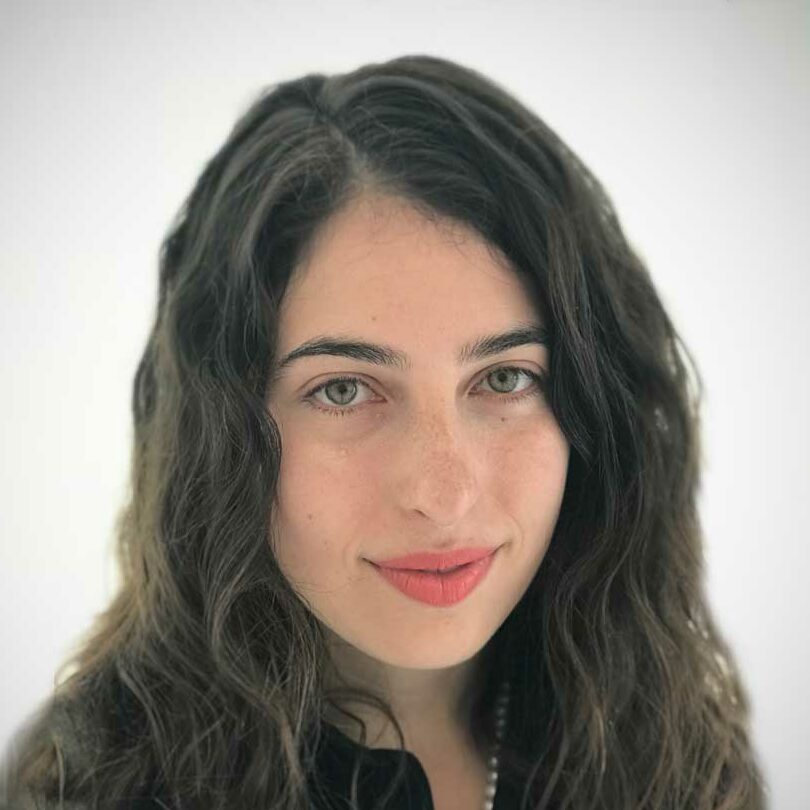
Helen Wexler
Helen Wexler holds a bachelor of architecture degree from the Bezalel Academy of Art and Design in Israel and a master of science degree in civil engineering from the California Institute of Technology. She previously worked on 3D printing Mars habitats for a NASA challenge and served as an adjunct lecturer at various universities, teaching about technology paradigms in architecture. Helen was previously the director of The Jnext Hi-Tech and Entrepreneurship Program at the Jerusalem Development Authority, where she managed a $20 million economic development fund to fuel the emerging tech ecosystem of Israel’s capital city. In 2017, Helen was selected to the Forbes 30 Under 30 list of promising young innovators.
Helen’s research focuses on developing a new class of sustainable biomaterials made from algae and agricultural waste such as almond shells. She is exploring the use of various strains of algae and multiculture municipal wastewater algae. Integrating wastewater algae with other waste provides a meaningful step toward a more circular economy. These new biomaterials have potential applications in construction, insulation, and packaging industries. They will provide a robust and economical alternative to petroleum-based polymeric materials and will be a concretization of the long-awaited promises of carbon reduction goals through the use of algae.
Finalists
The IBUILD Fellowship team also selected four finalists who distinguished themselves during the application and interview process. Although they will not receive direct financial support, they will be able to take advantage of mentoring, networking, and internship opportunities.
Erin Blackley
Erin Blackley is a first-year advanced energy systems PhD student at Colorado School of Mines. Her research focuses on using 3D printing to integrate phase change materials into domestic heat pump water heaters for thermal energy storage.
Bernadette Magalindan
Bernadette Magalindan is a first-year mechanical engineering PhD student at The University of Texas at Dallas. Her objective is to create versatile wood-based building materials capable of thermal energy storage, leading to improved energy efficiency and decarbonization in the building industry.
Ervin Moore
Ervin Moore is a PhD student and Departement of Homeland Security Center for Advancing Education and Critical Infrastructure Resilience Fellow at the Knight Foundation School of Computing and Information Sciences at Florida International University. He is a member of the Sustainability, Optimization, and Learning for InterDependent networks laboratory (solid lab), working with Dr. Amini and Dr. Rezapour. Prior to that experience, he graduated with a master of science degree in artificial intelligence and machine learning from Colorado State University Global, following his bachelor of arts degree in communication technology from the University of Texas at Arlington. Ervin has won multiple artificial intelligence–related hackathons. His applied research involved using machine learning and large language models to improve user experiences. His current research interests are artificial intelligence, machine learning, and their application in critical infrastructure security and resilience.
Emma Rettner
Emma Rettner is a PhD candidate in materials science and engineering at Colorado State University. Her work on photonic crystals and polymer self-assembly aims to utilize fundamental properties of photonic crystals in polymer films applied to roofing, which can prevent parasitic heating and reduce cooling loads.